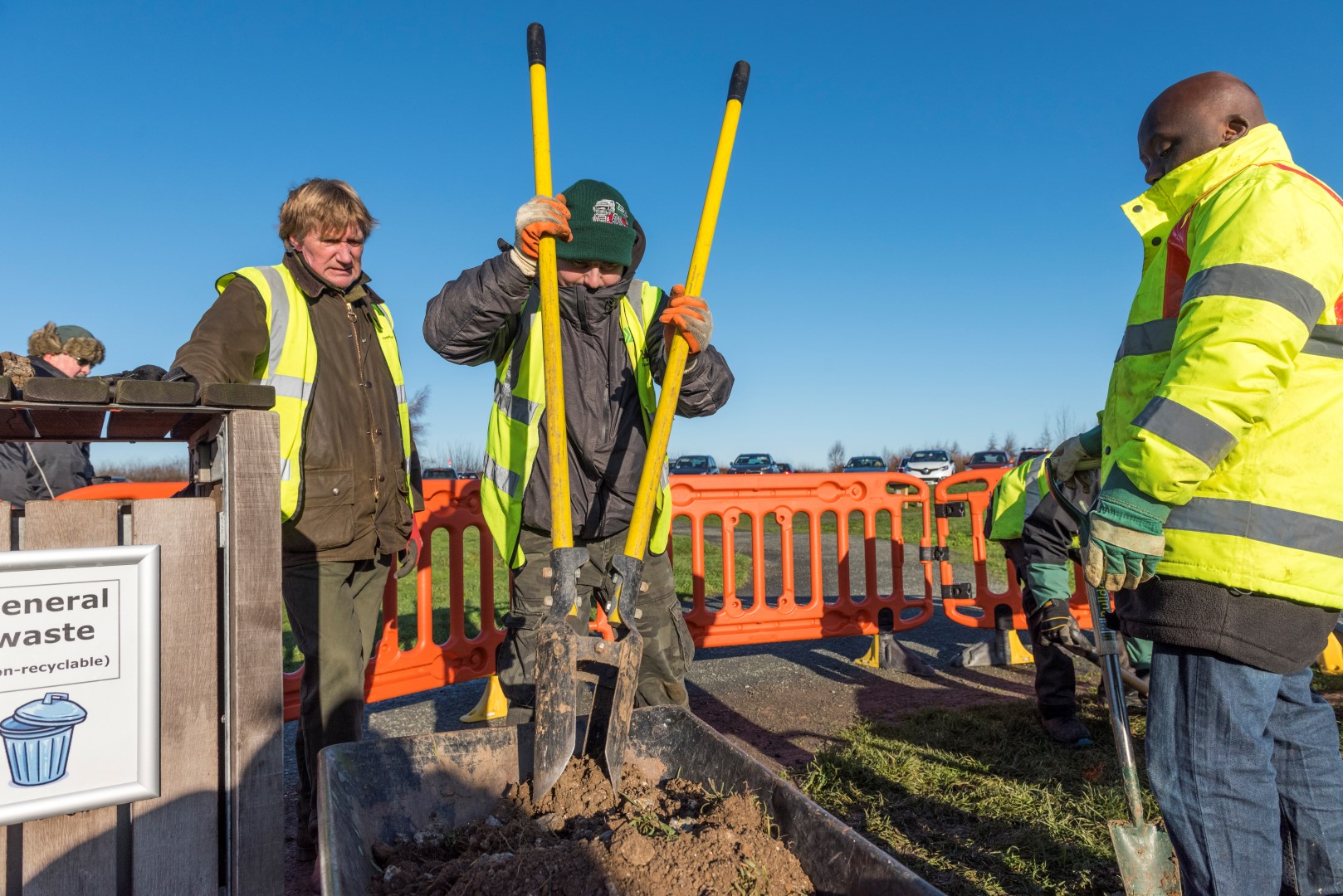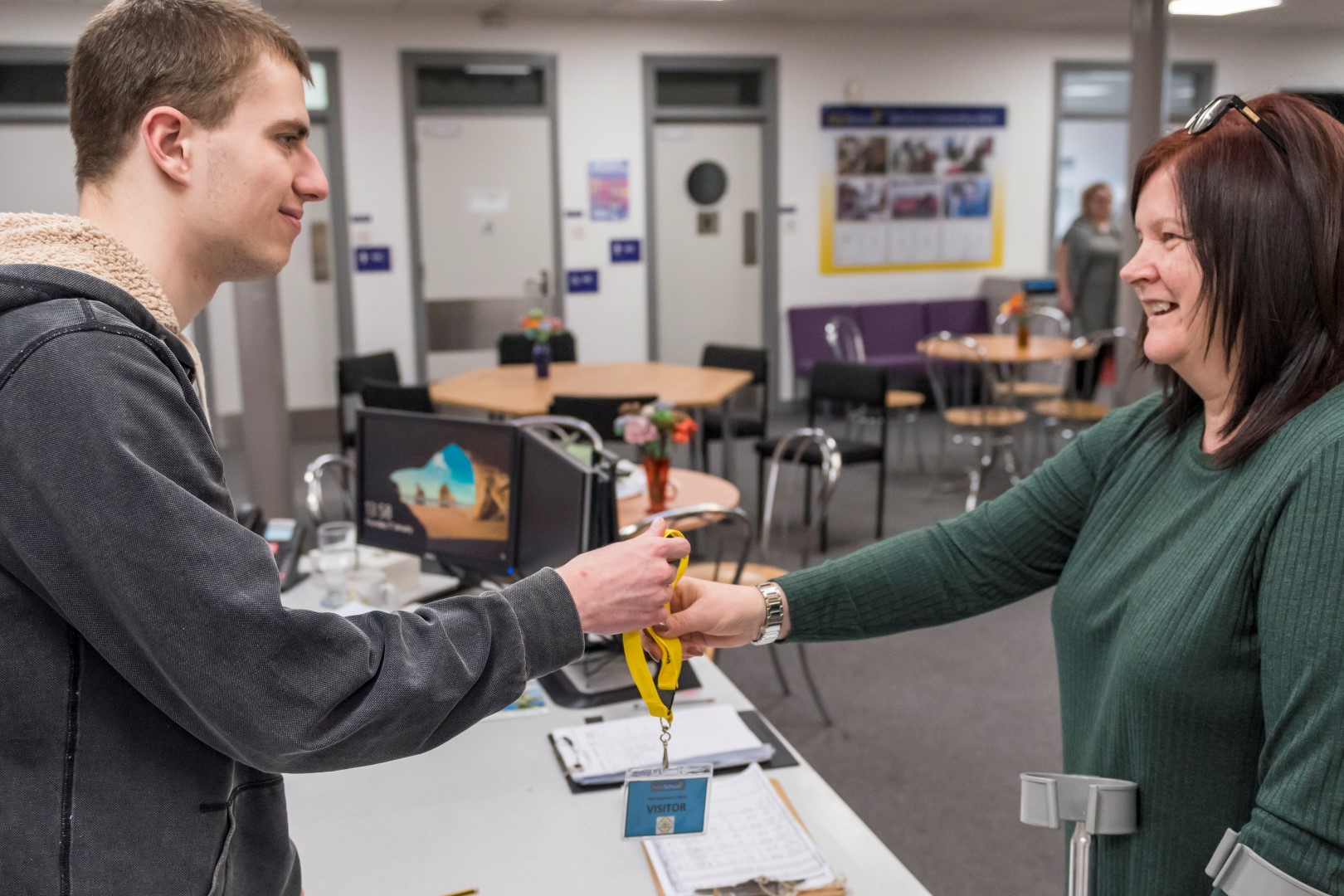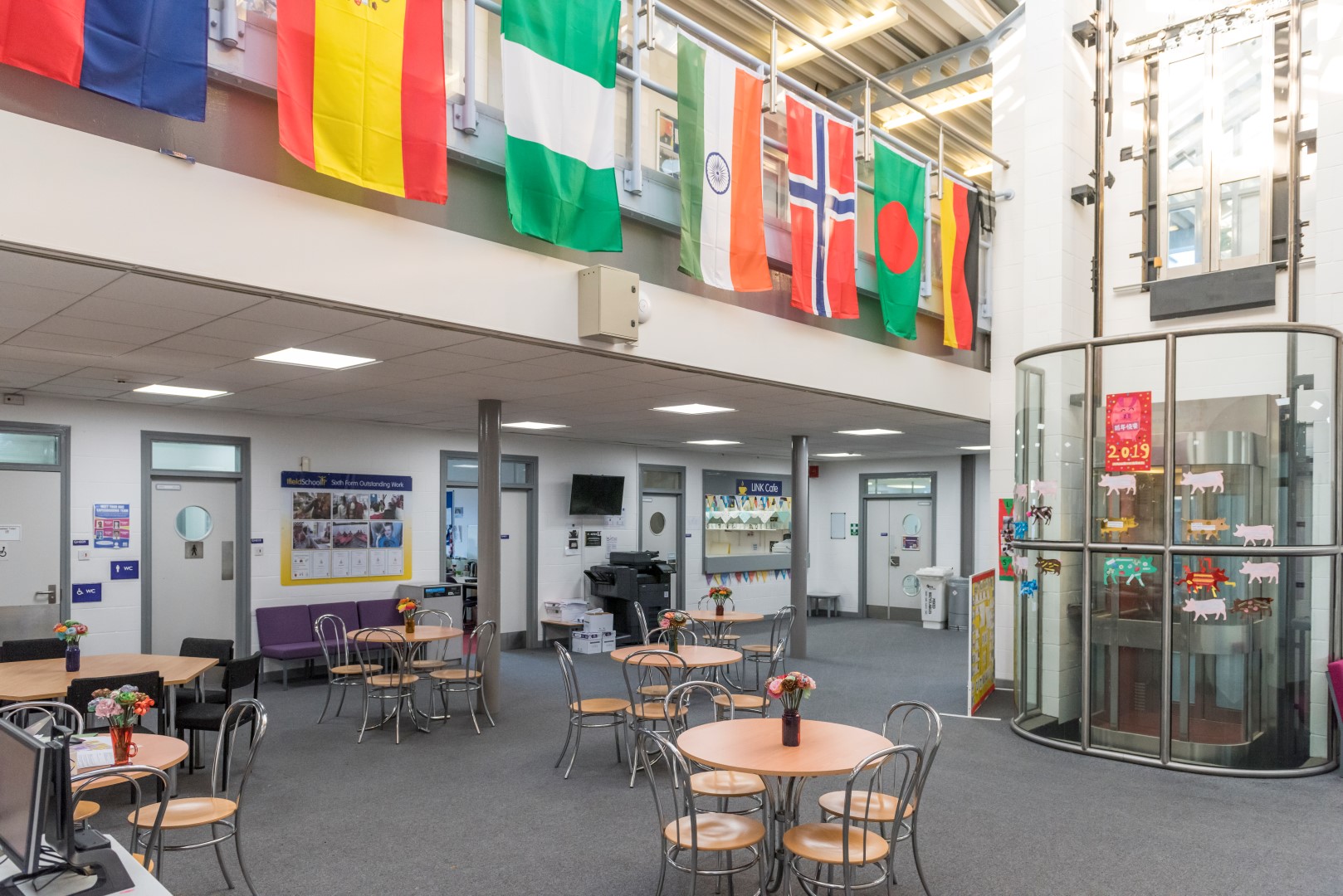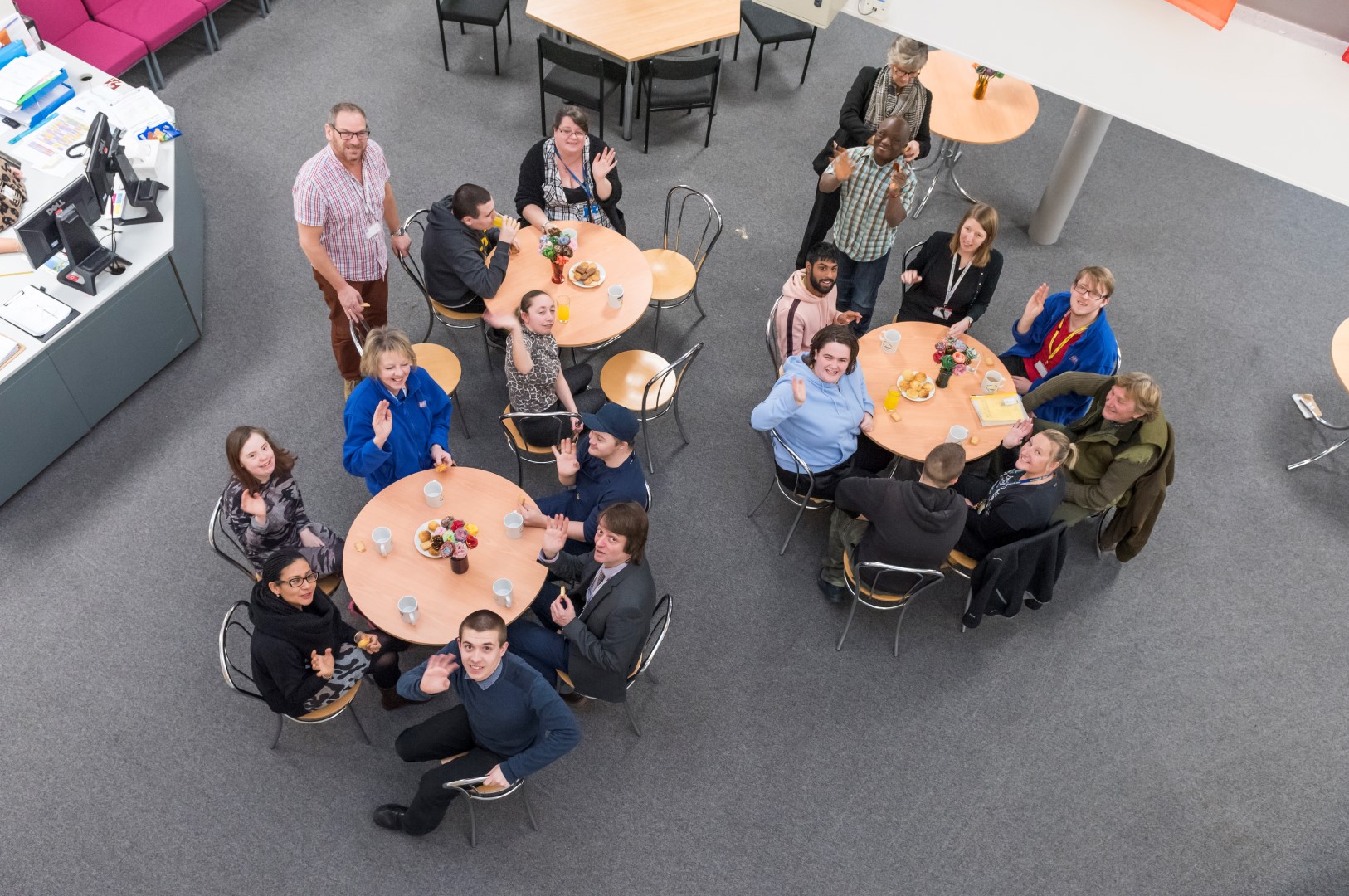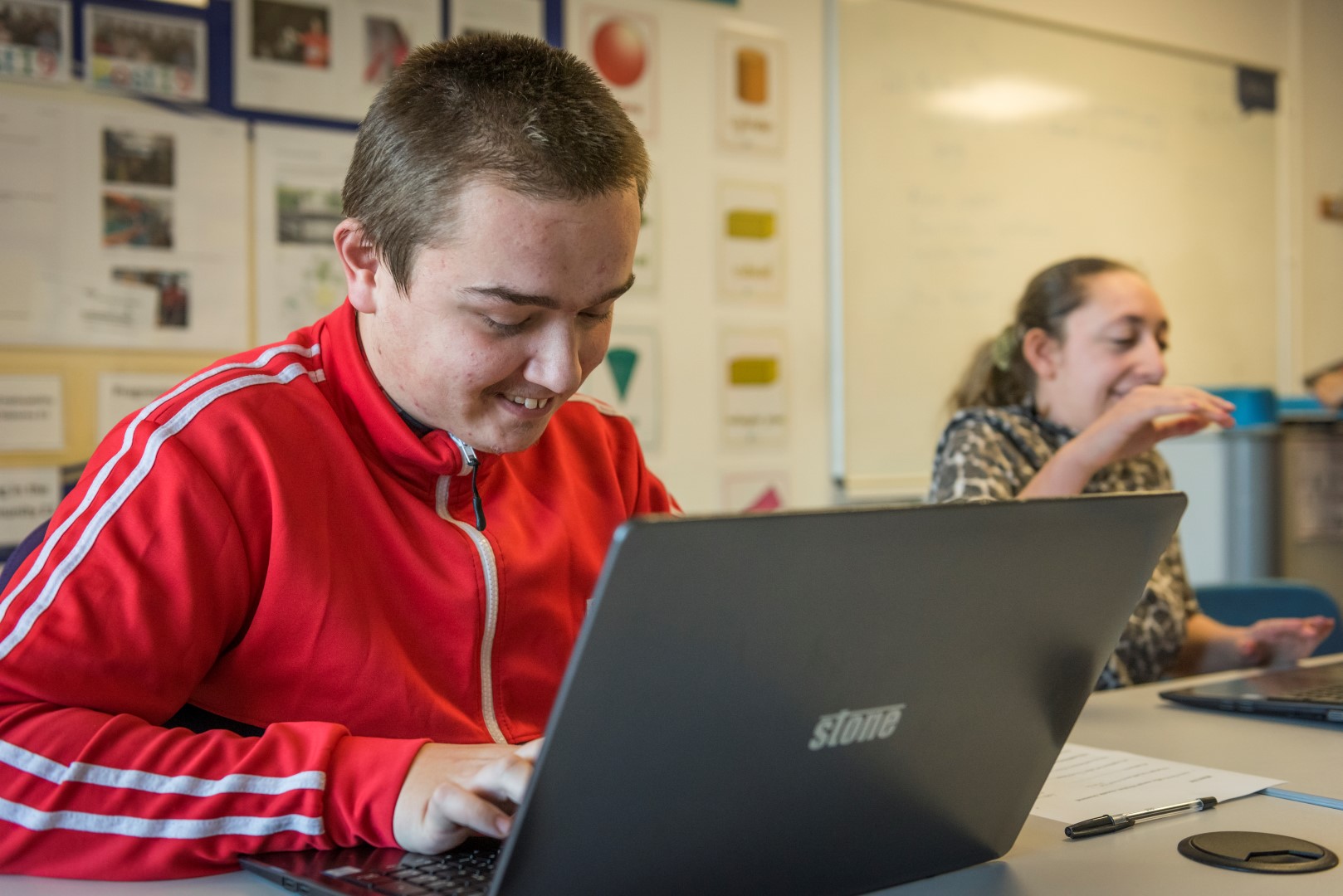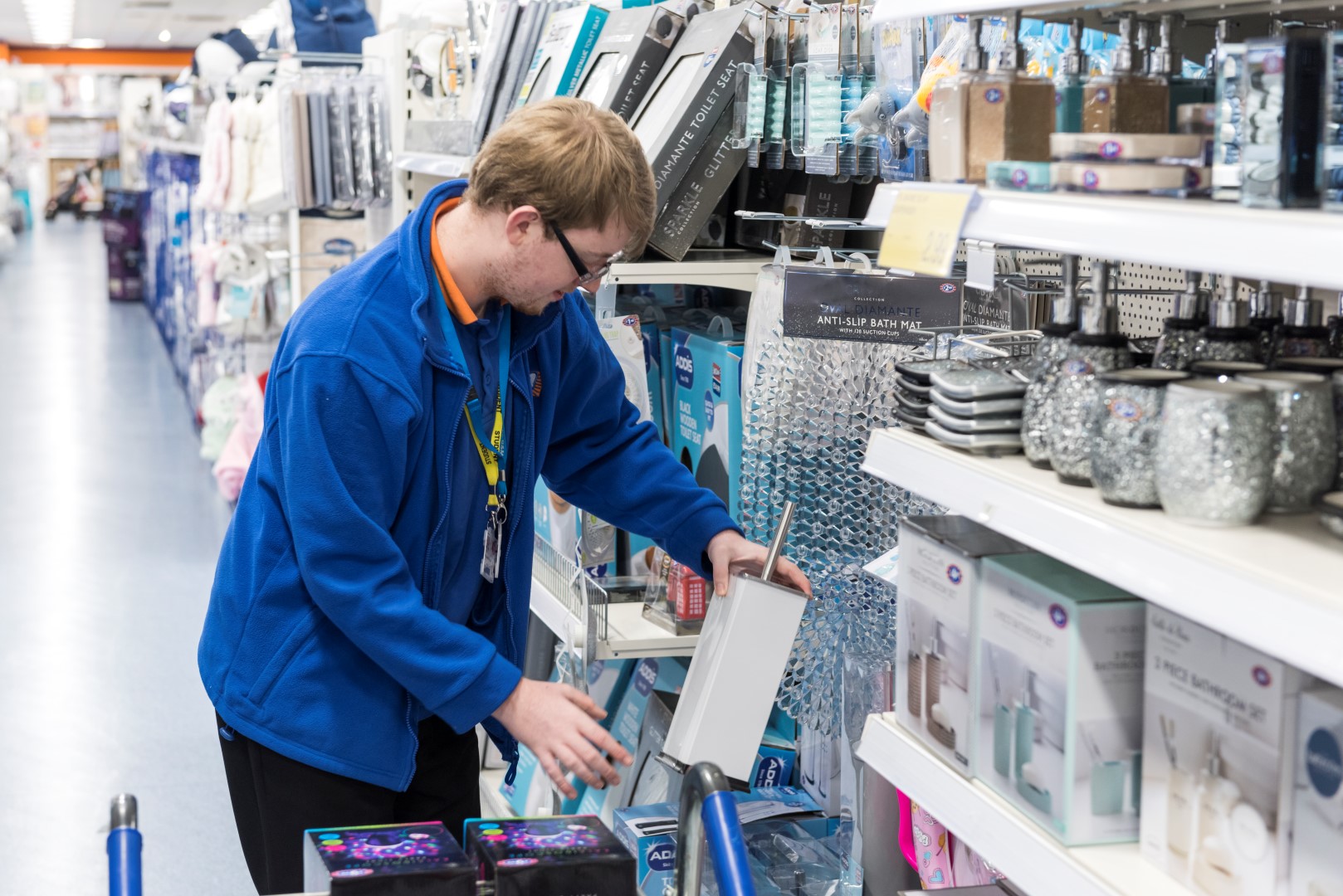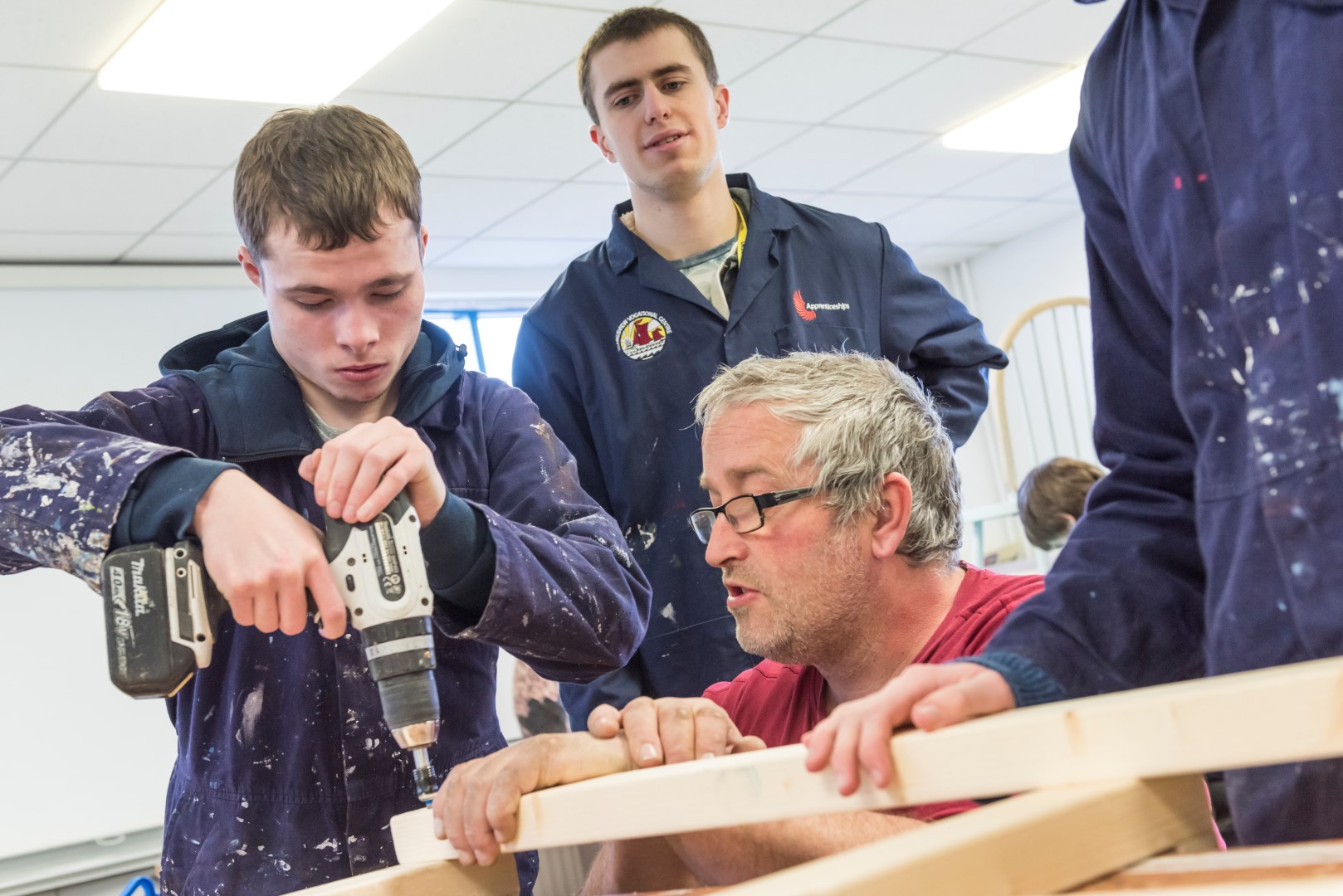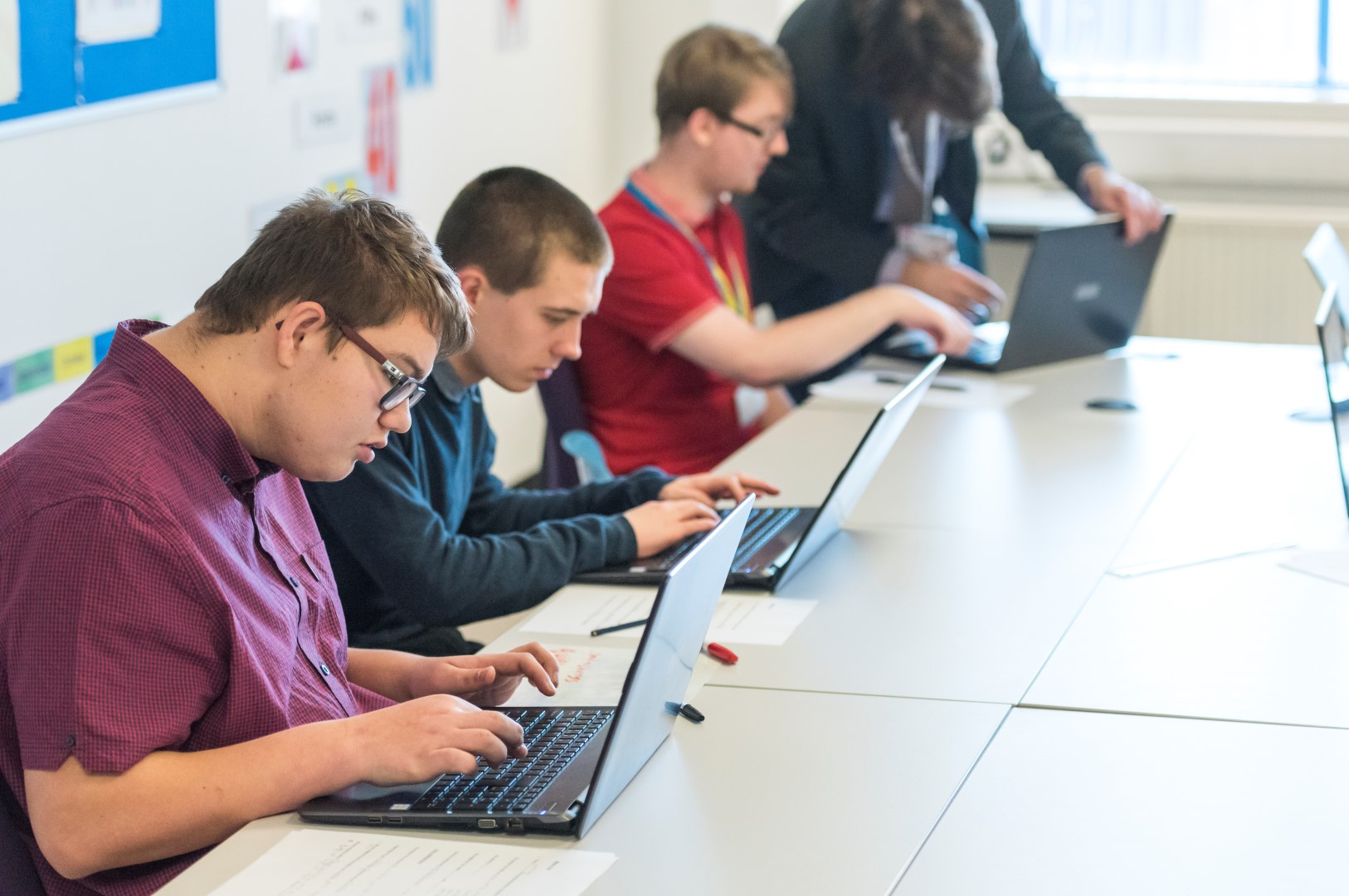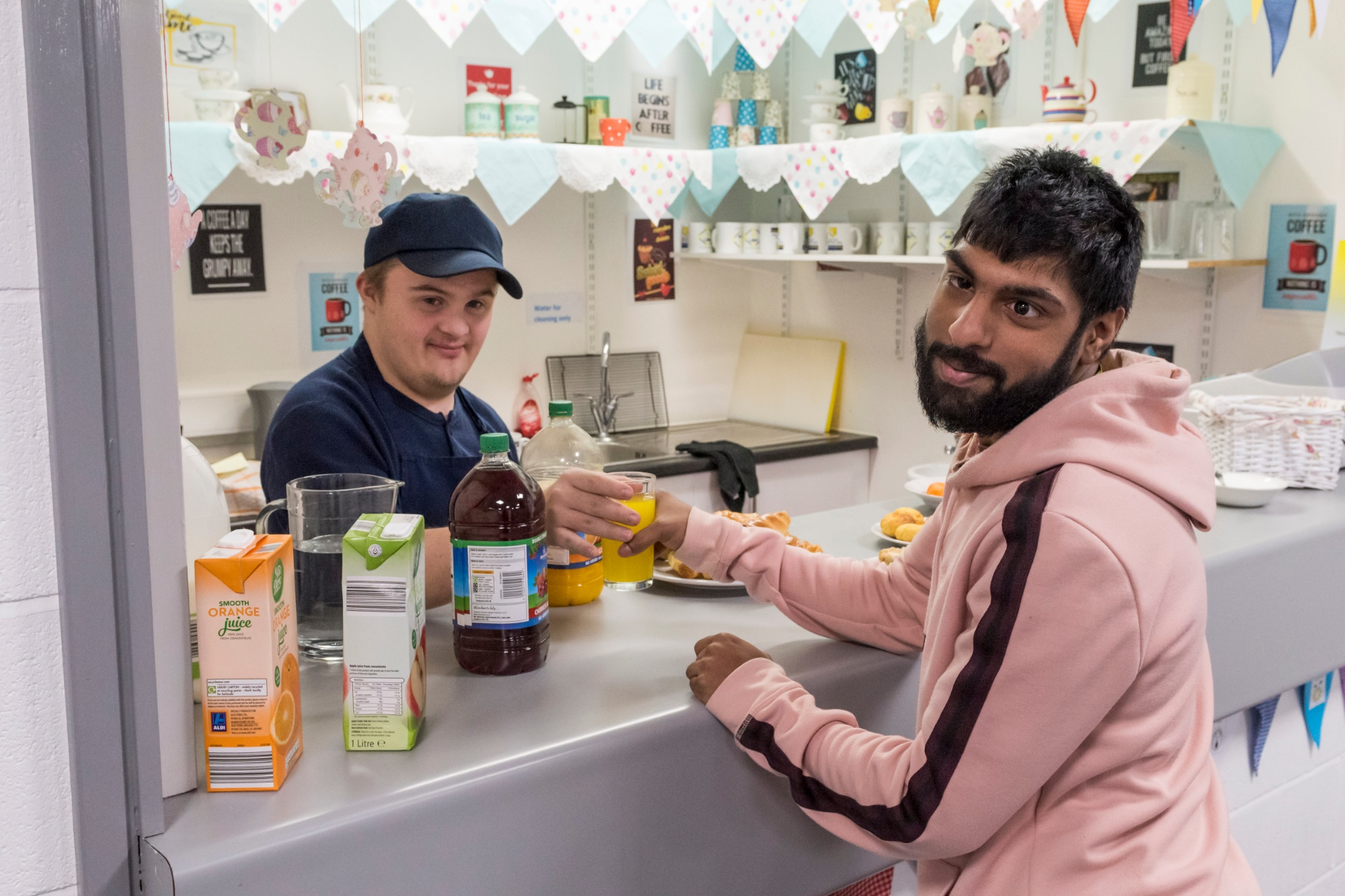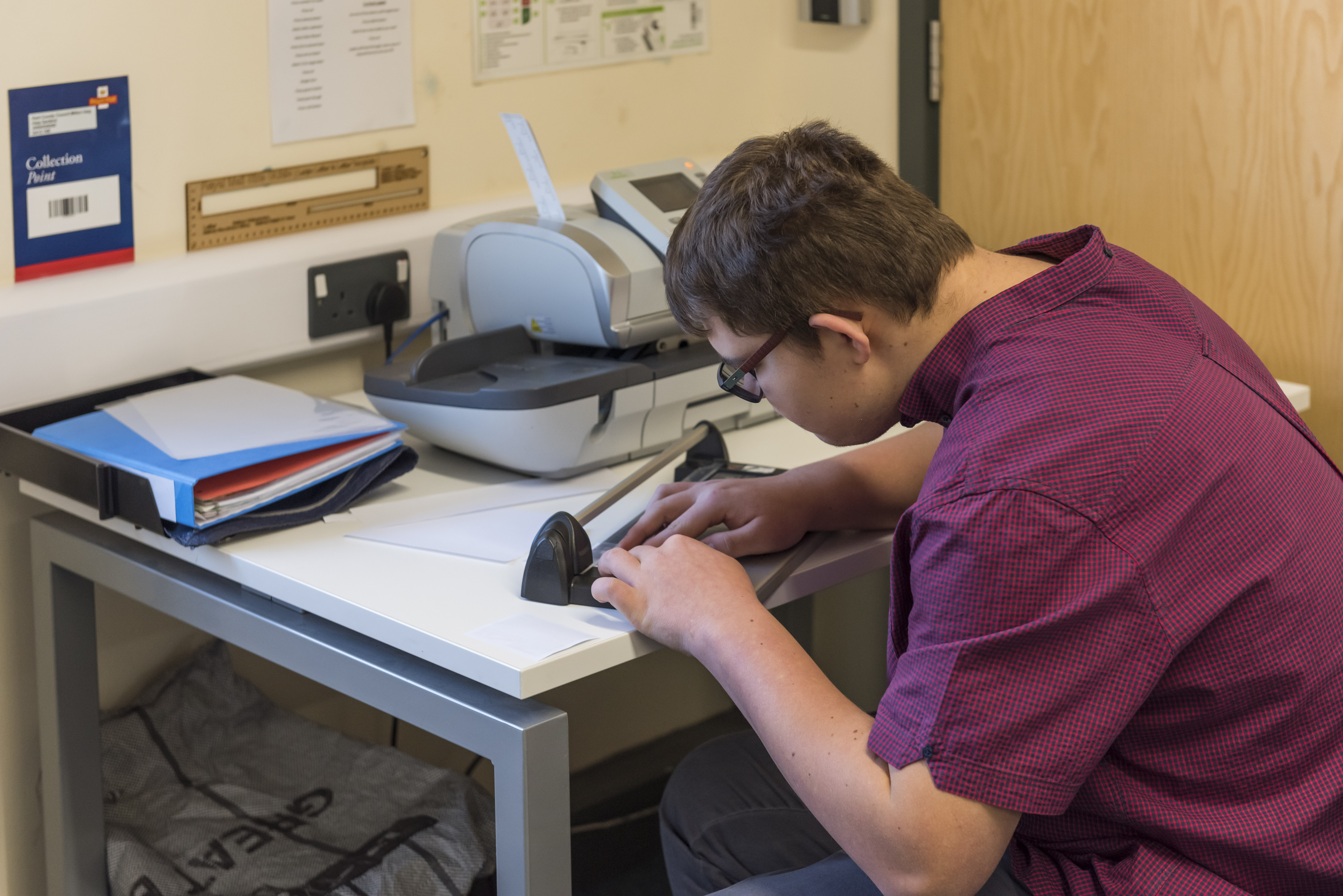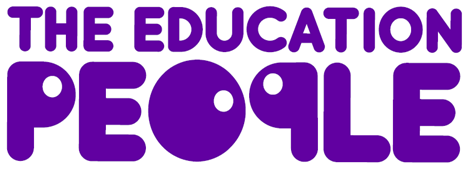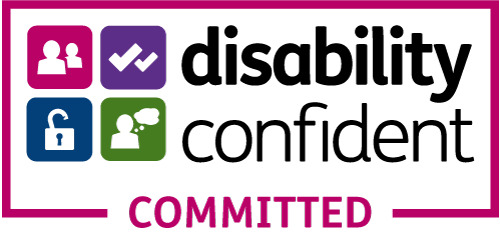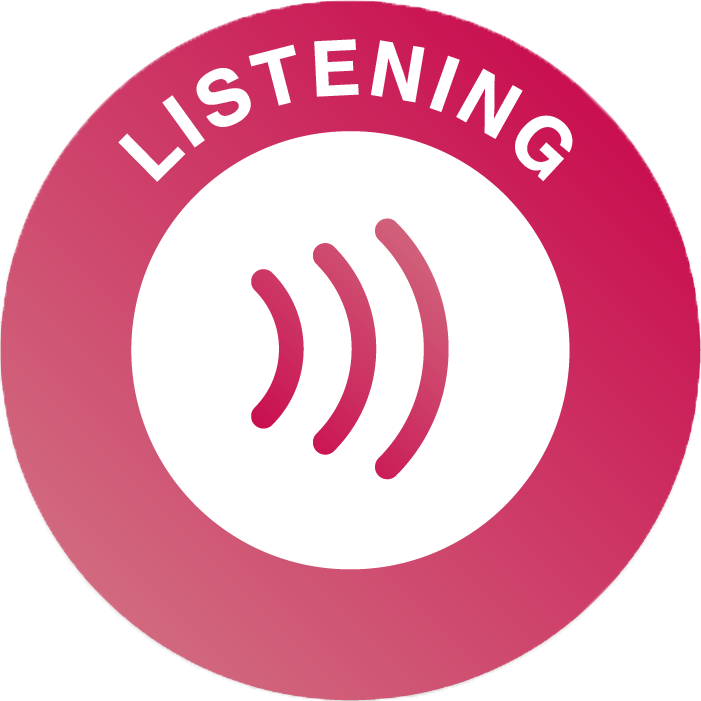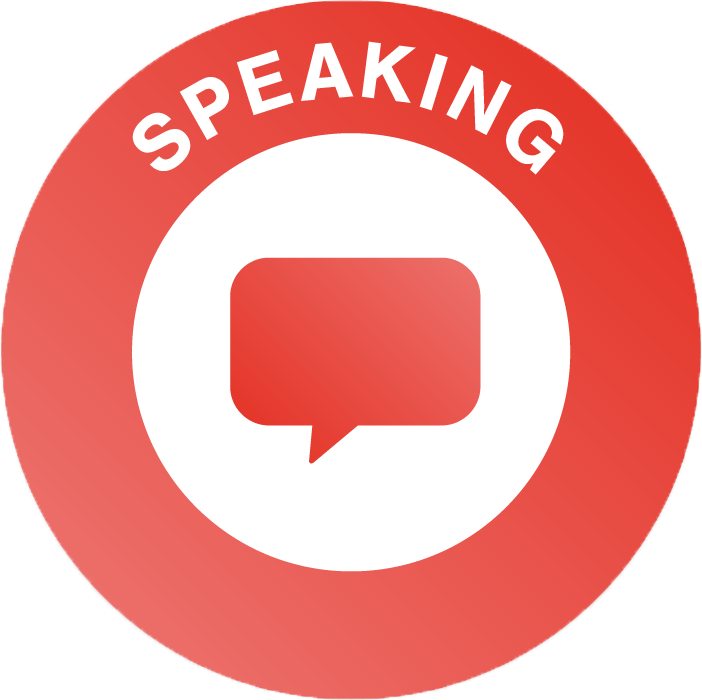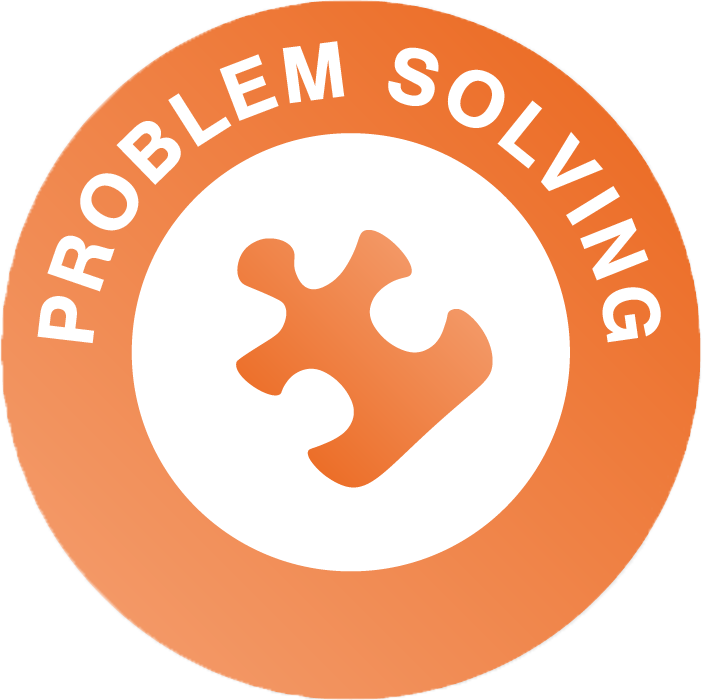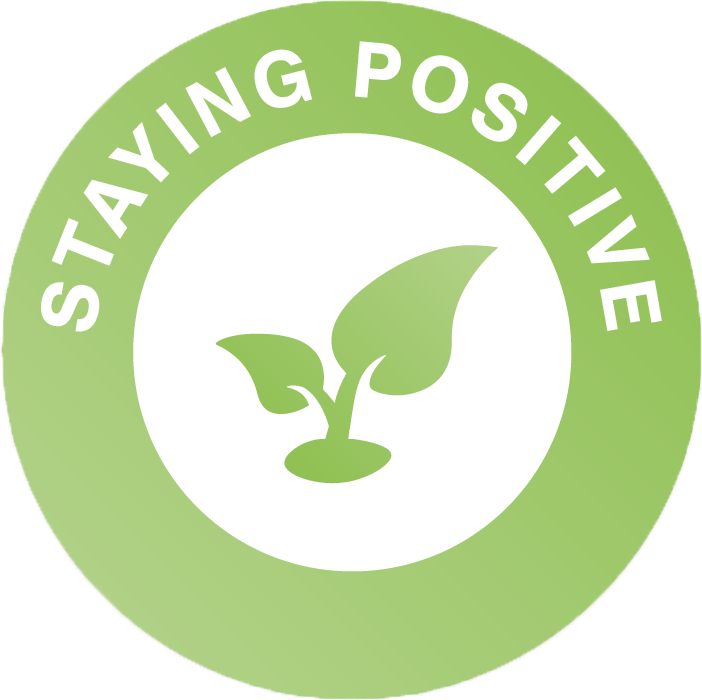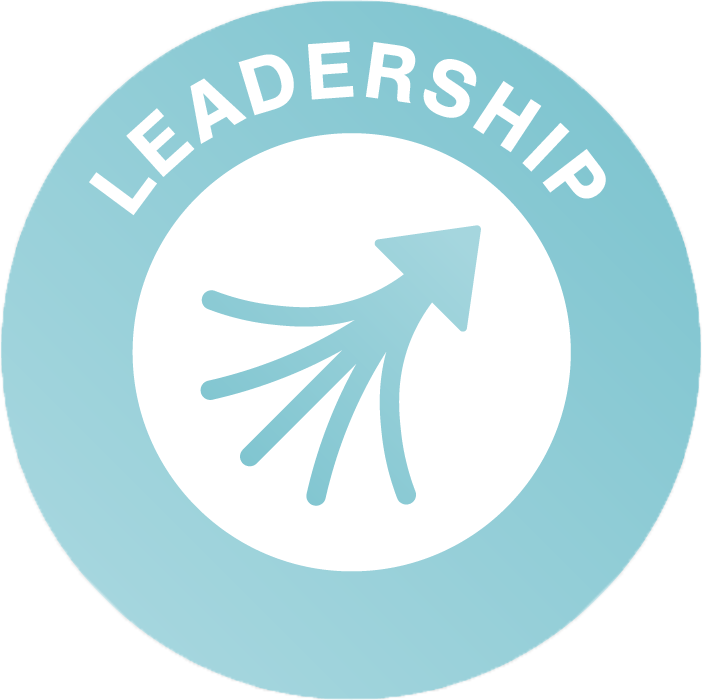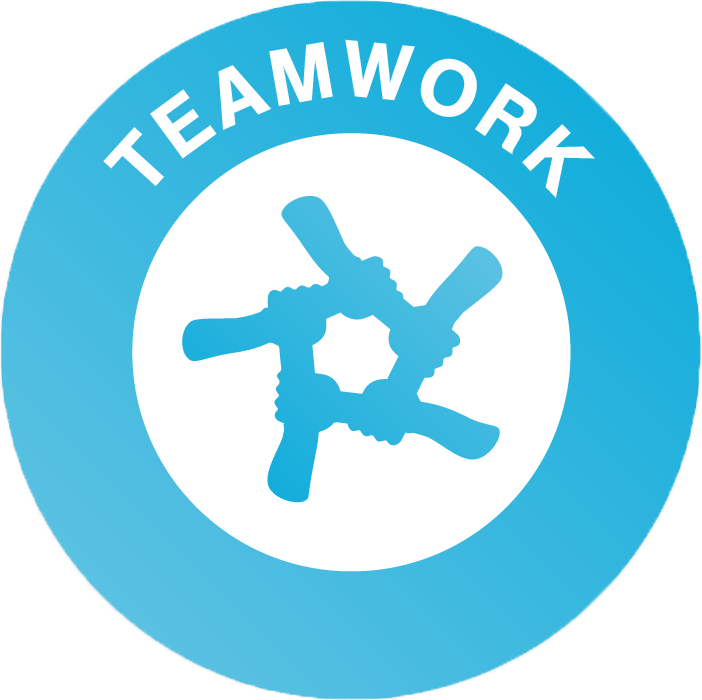Staying Safe Online for Students
Keeping yourself safe online is a must. You will learn more about this in college, but we’ve also put together some resources for you to find out more.
The internet is a great way to connect with your friends and learn new things. But it's also important to stay safe.
Be careful what you share online
- when you choose a profile picture for a social networking website like Facebook or Twitter, avoid photos that could give strangers clues about where you live
- check your privacy settings regularly, including on smart devices like wearables.
- think about what should be shared in public and what shouldn't be kept private
- check your location settings – some sites, apps and devices let you share your location with other users. Turning off location settings can help protect your privacy
- learn about how you can take care of your digital footprint.
Think before you post
Don't upload or share anything you wouldn't want your parents, teachers or friends seeing. Once you press send, it is no longer private. You can't be sure who will end up seeing it.
Never share or reveal your passwords
Use strong passwords that are hard for others to guess, using a mix of letters, numbers and symbols like (like £, $, &, !, etc.). Keep passwords to yourself and change them regularly.
If you can access a device remotely, changing the default password can keep it safer and make it harder for other people to access.
Be careful who you chat to
If somebody you don't know adds you as a friend, ignore them and delete their request. Don't share personal information like your address or phone number with somebody you don't know.
There are a few ways you can help to make sure you're not in danger when you use the internet.
Some other useful links are below,
Counter Terrorism Policing - A guide to reporting Suspicious Activity
CEOPs – the place to get advice on and report an inappropriate or potentially illegal content or action that you see online.
Childline - a online resource helping to make the internet a great and safe place for children
Digizen – a fantastic resource that includes all sorts of advice on how we, as adults, can encourage children to become responsible digital citizen and discerning when viewing digital content.
NSPCC guide to online safety – advice on the appropriateness of online content from the NSPCC.
NSPCC guide to social networks - advice for social networking.
UK Safer Internet Centre – this website contains a wealth of resources and content about how to keep children safe online. They are also the group behind the Safer Internet Day initiative that is celebrated on a yearly basis.
For additional information please see link below:
https://www.theeducationpeople.org/our-expertise/safeguarding/safeguarding-priorities/

